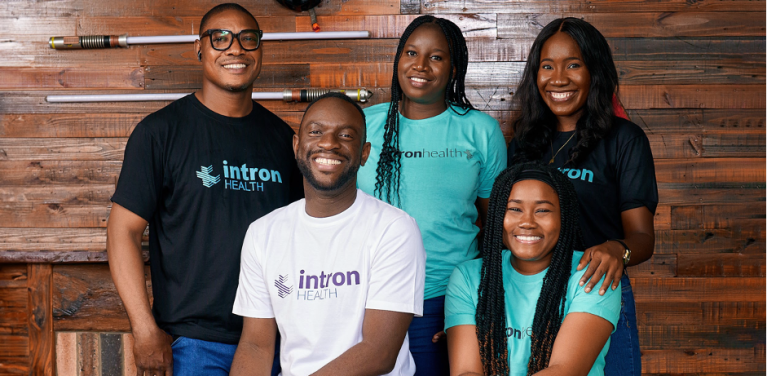While speech recognition has been around for many years, it is only mostly recently with the rapid developments in natural language processing that people with thick accents can use it with far fewer inaccuracies than there were before. Yet, they aren't near perfect yet, making speech recognition impractical in certain uses, especially in automating electronic medical record system processes.

Apparently, many doctors find performing repetitive tasks like writing patients' names and similar information on every lab order frustrating and tiring, and that often leads to shorter waiting times for radiology results and the like. A solution is to employ effective electronic medical record (EMR) systems and digitize hospital operations, and this was the original aim of the startup, Intron Health.
Tobi Olatunji, founder and CEO of Intron, who is Nigerian, realizing that doctors preferred writing to typing was led to find a way to make data entry via writing efficient. And that's what led him to explore speech-to-text technologies and integrate them into his EMR system.
Olatunji, however, found that foreign speech recognition systems were inaccurate as they always wrongly transcribing speech, especially when complicated medical terms and names are pronounced with thick African accents. And that's how he began developing Intron Health speech recognition technology.
I can imagine his frustration with foreign speech-to-text technology. Having a Nigerian accent, speech-to-text sometimes doesn't work well for me, especially when I even speak words that are peculiar to Nigeria. My name hardly ever comes out right, and that happens a lot to speakers of minority languages with thick accents, like in Africa.
As a clinical natural language programming (NLP) scientist and researcher at Enlitic, a San Francisco Bay Area company, Olatunji built models to automate the extraction of information from radiology text reports. He also served Amazon Web Services as a machine learning scientist. At both Enlitic and Amazon, he focused on natural language processing for healthcare, shaping systems that enable hospitals to run better. [1]
Now he claims that Intron is Africa’s largest clinical speech database, with its algorithm trained on 3.5 million audio clips (16,000 hours) from over 18,000 contributors, mainly healthcare practitioners, representing 29 countries and 288 accents. Olatunji says that drawing most of its contributors from the healthcare sector ensures that medical terms are pronounced and captured correctly for his target markets. [2]
A technological feat for Afican health centers indeed. A hospital in West Africa has been able to reduce waiting time for radiology from two days to 20 minutes with Intron's technology.
The next thing for Intro Health, as Olatuji says, is to integrate intelligence for tasks like prescriptions and lab tests, which are part of the repetitive tasks that can be tiring to do every now and then. And they will now do so with the $1.6 million backing led by many angel investors.
Intron Health is now in partnership with Google Research and a few more key players in the technology industry to evaluate the performance of AI models like GPT-4o and Gemini across countries in Africa.
If many hospitals are able to employ this technology, there will surely be a drastic improvement in health care services, and many more people will have better and more immediate access to doctors. And perhaps even many more innovations may emerge in the future, as we shall see AI and technological advancements more as a boon to society.
Image credits: Intron Health
[1] & [2] from TechCrunch
Posted Using InLeo Alpha